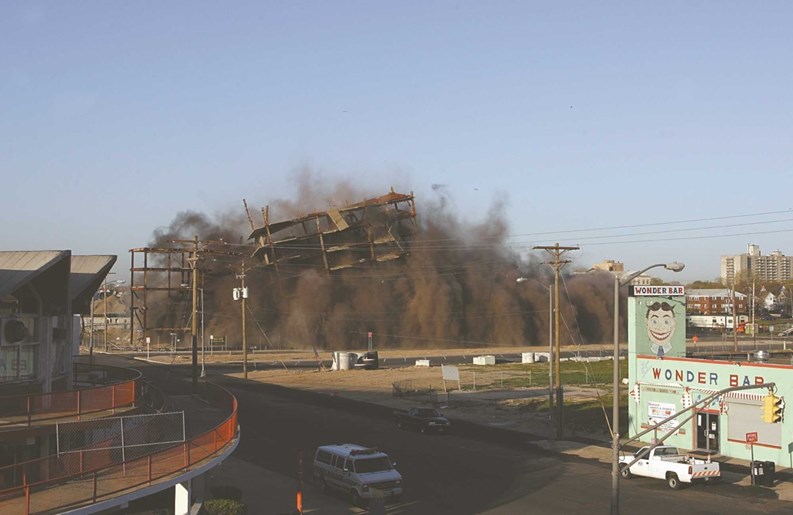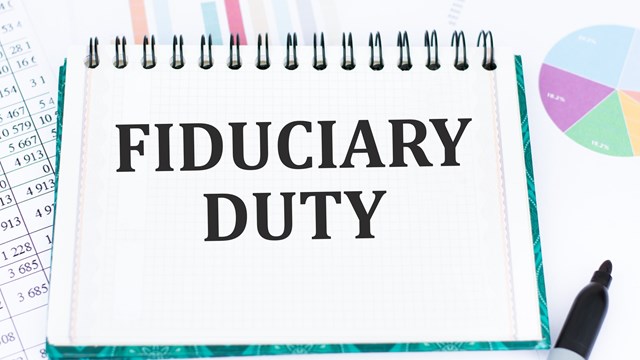From 2002 to 2007 and beyond, condo construction in New Jersey reached heights never seen before. Much of it was in the “Gold Coast,” in towns like Hoboken and Jersey City and up into Bergen County. Indeed, a New York Times article by Antoinette Martin from July 31, 2009, stated that condos make up about 80 percent of Hudson County housing stock, and parts of the state also saw accelerated development.
But since the mortgage crisis and the recession, things have been quite different. The economic situation has seemed to hit luxury condos the most, as in June, “there wasn’t a single signed contract for a condo in that price range [$1 million and above] in Hudson County although 86 were listed,” according to the same New York Times article.
Some Examples
Similar reports of suspended sales and development have come from other areas in New Jersey. Take Asbury Park, for example. Daniel DiBenedetto, local attorney and head of the Asbury Park Chamber of Commerce, reports that one beachfront condo development, the Esperanza, stopped construction after only two stories were completed, although the developer, Metro Homes, plans to resume construction when the economy improves. Ironically, the Esperanza is on the site of an earlier unfinished building, whose skeleton was demolished in 2006.
The developers of another unfinished condo development in Asbury Park, he said, persuaded the city to bend the rules and allow them to use a deck of the Esperanza as a parking lot until the market turns around. “People usually buy these beachfront condos as second homes,” DiBenedetto said, “and it’s hard to ask people in these times to shell out large amounts of money for a second home.”
In yet another part of the state, Clara Ryan, association president of the 242-unit Falcon Ridge Condo in Hamburg, Sussex County, recently talked to the New Jersey Cooperator about her development’s experience with problems brought on the recession.
Some of Falcon Ridge’s buildings were built in 1989, while others were built more recently, between 2004 and 2007. As of now, however, only 163 units out of the 242 have been sold, due largely to the recession. In Sussex County as a whole, she says, condo sales have declined. “Many of the original buildings [at Falcon Ridge] need repairs, such as roofing and siding,” Ryan says.
However, the development doesn’t have enough insurance to cover the cost of all these repairs, she adds. Therefore, increased fees are now on the table. Falcon Ridge, by the way, is still controlled by its sponsor.
The Credit Crunch
Most professionals agree that the “credit crunch” is one of the main reasons that some luxury condo developments are going bust before they’re completed or are half empty after they’re finished.
Peter Berk, president of PMZ Hotel Finance Group in New York, who often works in New Jersey as well, says that the credit crisis “has had two devastating factors. First, potential buyers are unable to get attractive financing, which in turn leaves them unable or unwilling to purchase the units at the projected prices that developers need `to make the deals work. Second, developers are unable to get pre-sales or other sales that lenders require to keep their financing current. This puts a further stress on these transactions, and lenders restructure deals under less favorable terms than the original transactions.”
David Byrne, an attorney with the law offices of Stark & Stark in Lawrenceville, who frequently lectures for the Community Associations Institute of New Jersey (CAI-NJ), says, “Obviously the real estate market has changed radically, whereby the price and value of homes has dropped, with the market flooded with existing housing stock and foreclosed homes, further depressing prices. I suppose that a New Jersey's unemployment rate of over 10 percent has reduced the numbers of folks able to purchase homes and/or quality for mortgages.”
Byrne currently represents four condominiums whose developer has gone bankrupt, as well several others where the developer is having great difficulty selling the units. The stakes change, however, for builders with developments which are currently under construction, who are unable to further finance their projects.
According to Lisa Ryan of the state’s Department of Community Affairs (DCA), “From the perspective of New Jersey’s Planned Real Estate Development Full Disclosure Act, if the builder cannot complete the improvements, the builder must stop offering units for sale and return any deposits.”
In addition, the lenders can exercise their rights to foreclose or be paid on the personal guarantees that often exist. At this point, the developer may file for bankruptcy to protect their assets. When a lender forecloses, they can either finish the project itself or sell the rights to this project to another developer.
This, Byrne says, it called the “white knight” solution. In these cases, the lender or the new developer isn’t responsible for poor or shoddy work that was done earlier, he adds, citing the Terrace Condominium Association v. Midlantic National Bank case, which dates from the earlier bank crisis of the 1990s. Typically, the association can recover the costs needed for repairs from the insurance carrier or contractor, even though the individual developer may be gone from the scene.
Also, if site improvements such as roads, sidewalks and infrastructure remains unfinished, the performance bond can be utilized by the municipality to complete these measures.
In either case, what happens when there are a small number of unit owners in a new development when sales grind to a halt? This in turn, leaves a large portion of empty units that are not viable in terms of certain expenses. Who pays for the building’s maintenance and utilities?
Lisa Ryan of the DCA says that unit owners are only liable for their share of the expenses regardless of the number of units sold. However, Berk says that if the developer is under financial stress and isn’t able to pay the sponsor’s share of the costs, the handful of owners “may indeed have to pay for all the costs to keep services current.”
Still, Byrne says, there are strategies an association can pursue in such a situation—provided that they have good representation.
Lowering Prices, Going to Rentals
With some condo developments threatened, developers are trying many strategies to save their investments. These methods includes lowering sales prices, switching to less expensive building materials and fixtures, or even converting units for sale into rentals.
Looking at Asbury Park, for example, DiBenedetto notes that Madison Marquette, which bought the luxury condo development Wesley Grove from Kushner Companies in 2007, has found success with the development—but reduced prices up to 25 percent.
Carter Sackman Enterprises, who recently opened a new rental development, with 31 one- and two-bedroom units, has also been successful. “Things are moving—rentals are really strong right now,” he said.
And Paramount Homes was lucky enough to sell out the first two buildings of its North Beach luxury condo development before the recession hit. However, it was soon after that—its third building, the Monterey, was finished. Again, says DiBenedetto, “It’s hard to get a lot of money for second homes.”
Problems Ensue
When a half-finished building sits idle for months at a time, or when the building never gets off the ground and all you have is a foundation or an empty lot, all sorts of problems can ensue—vermin, vandals, squatters, exposed machinery, rusting steel and more. And even if you don’t have these problems, it’s basically just an eyesore to see an empty lot with a foundation or a half-finished building.
While the state’s Uniform Construction Code, N..J.A.C., 5:23, requires builders to construct a building that can be safely occupied when finished, “It does not contain requirements to deter vermin, vandals and/or squatters while the building is being constructed,” according to the DCA’s Ryan.
Clara Ryan, the association president from Sussex County, has spoken to colleagues of hers in neighboring counties, such as Bergen and Passaic, and says there is grim news there, too—with sale prices declining. In particular, she says, “delinquency is increasing in most condo developments.”
In this situation, where there are numerous partially-built developments across New Jersey, Byrne notes the possibility of municipal regulation, stating that local government can compel a developers or the lenders to secure the area.
Hopefully, the economy will soon recover—or developers and municipalities will find innovative solutions to these problems.
Raanan Geberer is a freelance writer, editor, and a frequent contributor to The New Jersey Cooperator.







Leave a Comment